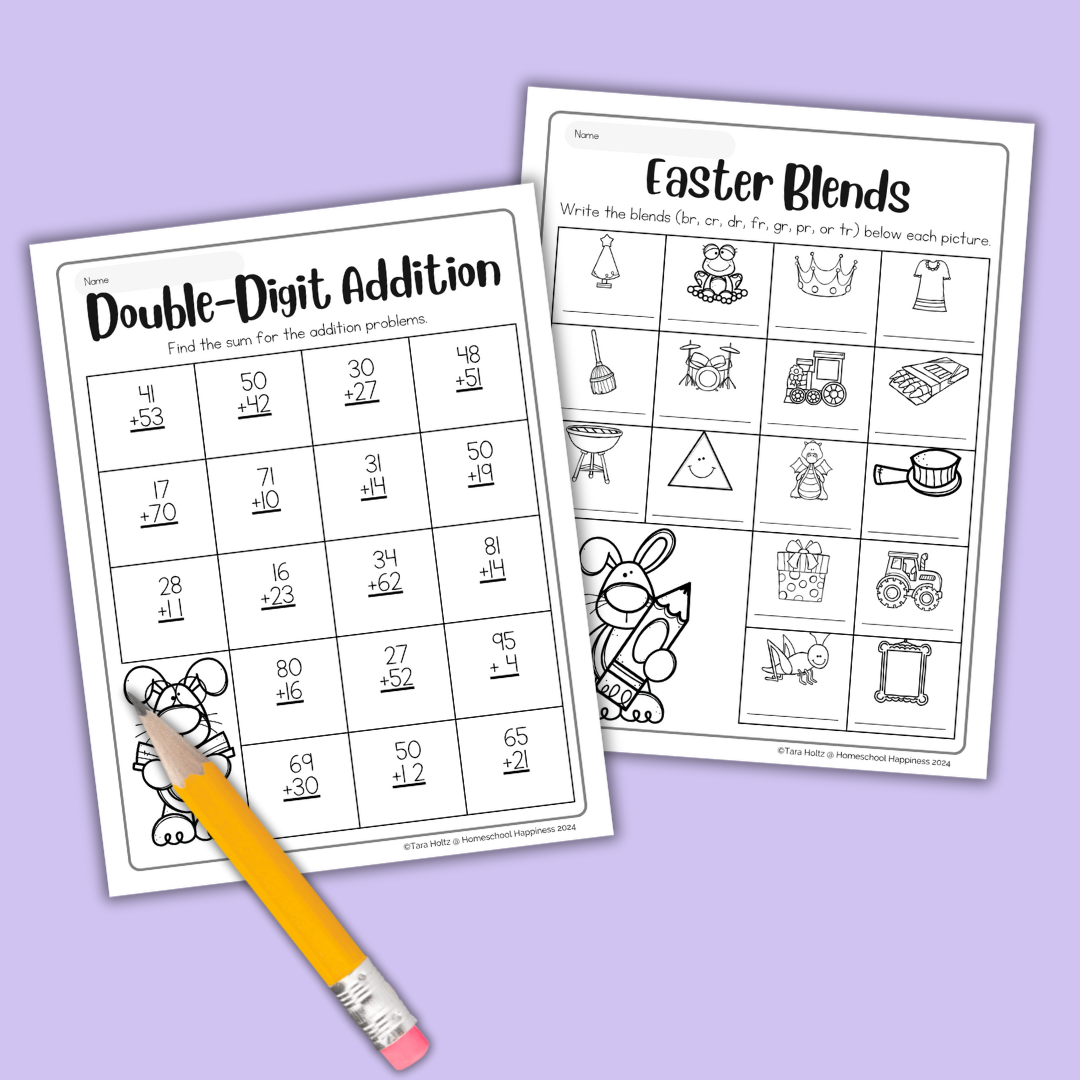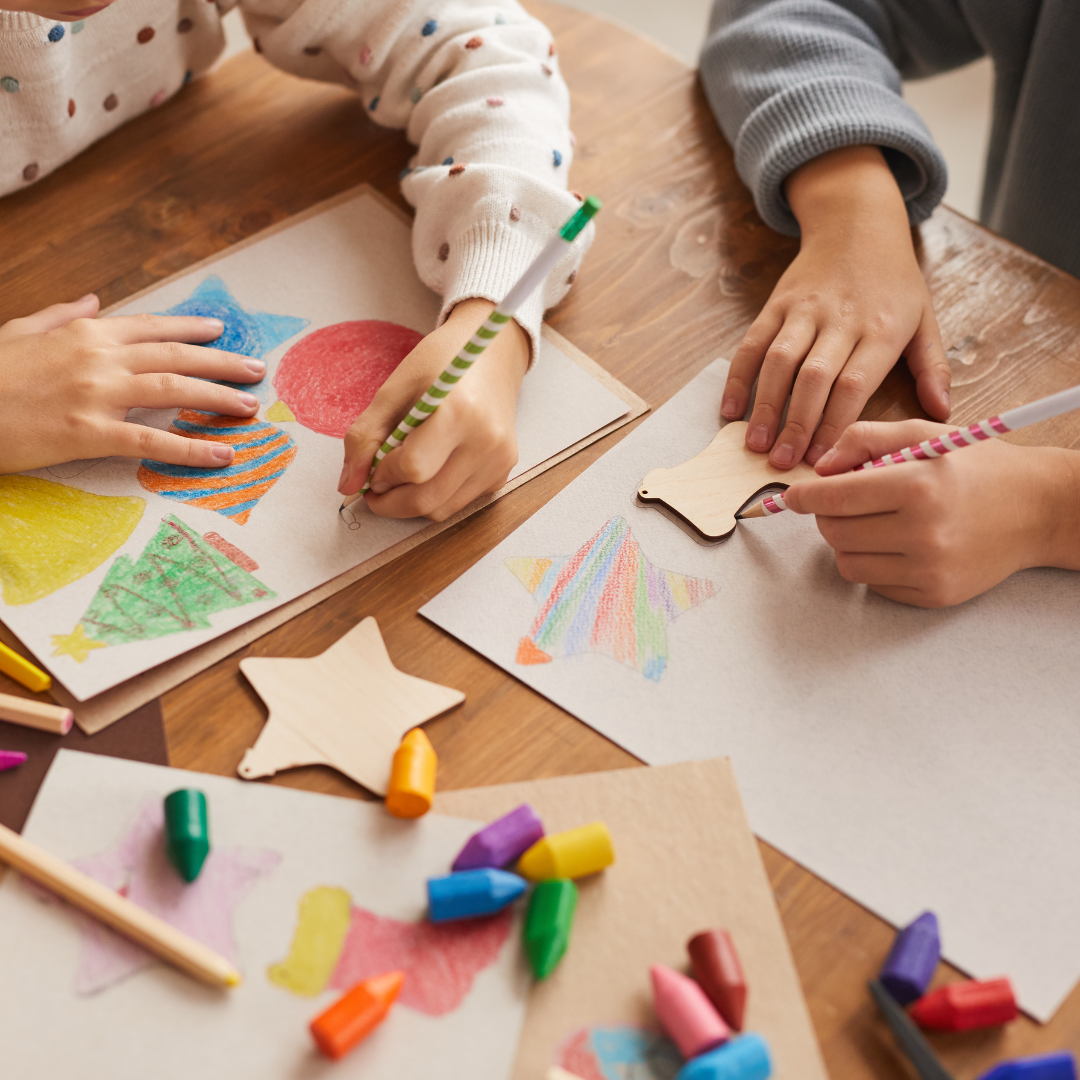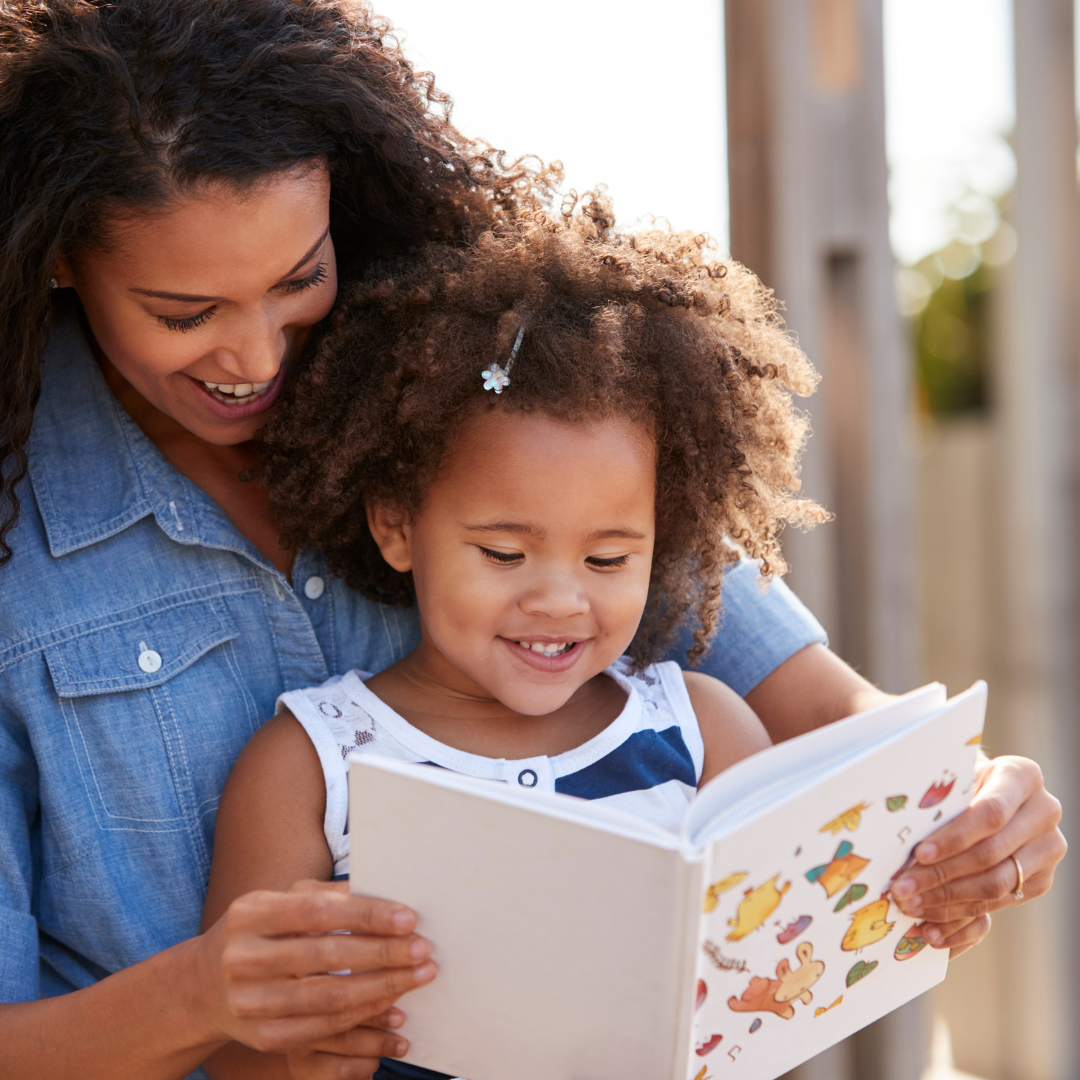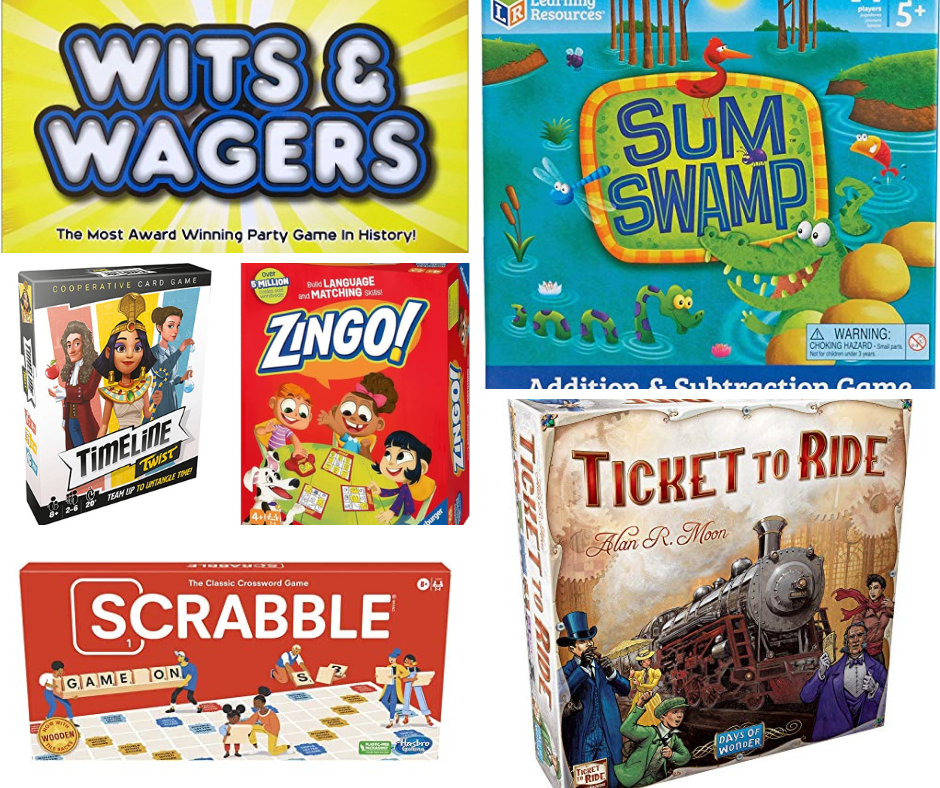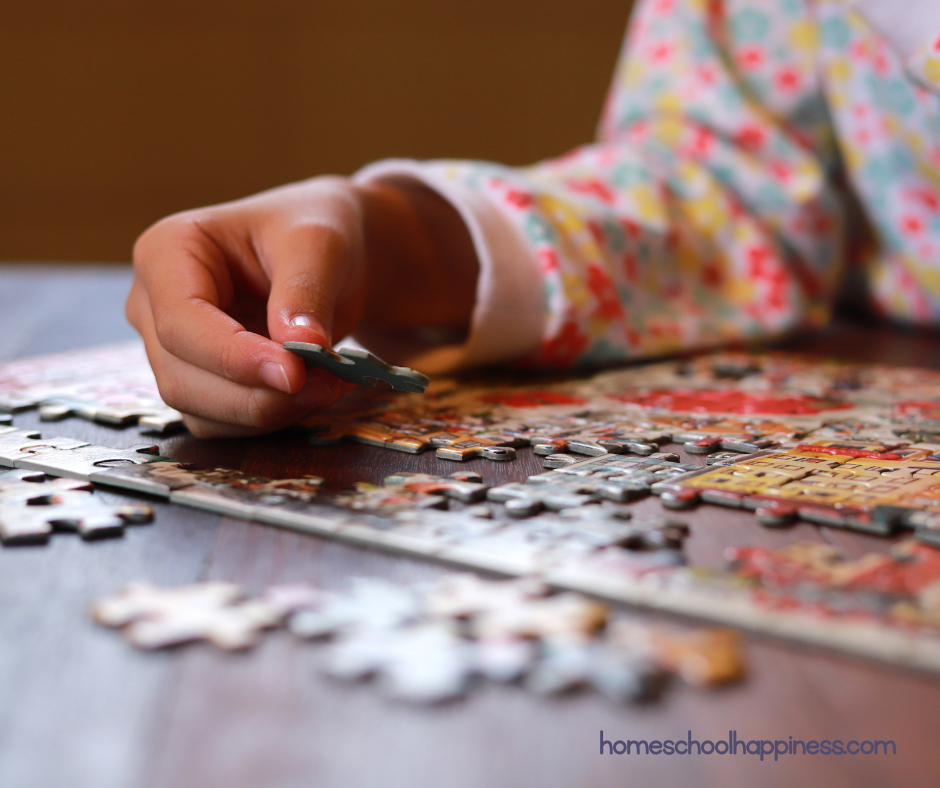Holiday Homeschooling: Cooking and Baking Lessons for Kids
Have you ever noticed the sheer joy on a child’s face as they stir a bowl of batter or shape a cookie? Involving kids in the kitchen not only brings them immense delight, but it also provides an excellent opportunity for holiday homeschooling.
Cooking and baking lessons for kids provide a unique blend of fun and learning. Holiday homeschooling is much more than traditional academic studies; it’s about imparting practical life skills, fostering creativity, and making lasting memories.
These kitchen adventures become a classroom of their own, instilling in children important lessons about nutrition, mathematics, science, and even cultural traditions.
So, let’s roll up our sleeves and usher the younger generation into the world of culinary arts.
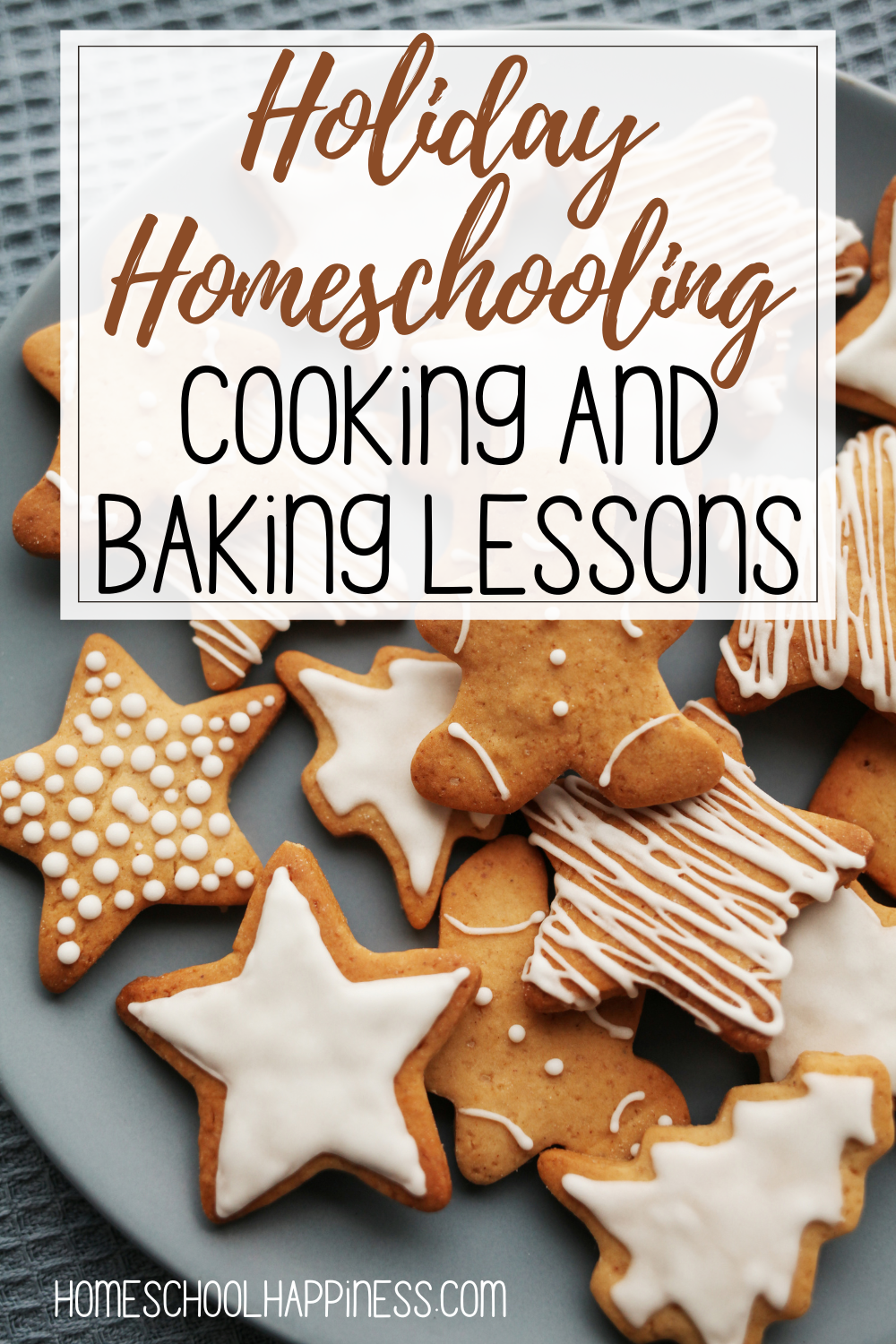
The spirit of the holiday season sets a perfect backdrop to introduce children to the magical world of cooking and baking. The kitchen becomes a playground where senses are heightened — the aroma of spices, the texture of dough, the vibrant colors of fresh produce and the delightful tastes of home-cooked meals.
This sensory exploration not only nourishes their bodies but also fuels their inquisitiveness, creativity, and appreciation for the effort behind each meal. More importantly, these culinary adventures allow kids to learn about the origin of different foods, understand the science behind cooking, and appreciate the cultural significance of various dishes.
So, as we venture into this holiday homeschooling journey, let’s embrace the wonderful chaos of having kids in the kitchen.
Cooking and Baking Lessons for Kids
Involving children in the kitchen has numerous benefits, extending far beyond basic culinary skills. Here’s a closer look at what holiday homeschooling in the kitchen can teach our kids:
Development of Fine Motor Skills: Cooking and baking offer ample opportunities to improve children’s fine motor skills. Mixing, pouring, and kneading dough, using cookie cutters, and sprinkling decorations can enhance their hand-eye coordination. Through these activities, children gain better control of their movements and develop greater dexterity.
Introduction to Scientific Concepts: The kitchen is a practical laboratory where kids can learn basic scientific concepts. Baking, for instance, is all about chemistry. The reaction between baking powder and an acid to produce carbon dioxide bubbles, or the Maillard reaction that browns the cookies, can spark their interest in science.
Enhancement of Creativity and Independence: Cooking and baking offer ample opportunities for kids to be creative, whether it’s decorating a cake or inventing their own twist on a recipe. This artistry also fosters their independence, as they gain confidence in their ability to create something of their own.
Having kids in the kitchen during the holidays is not only about making meals or treats. It’s about engaging them in a rewarding learning process that combines fun, practical skills, and academic concepts.
Dishes Children Can Help Prepare
Cooking with children during the holiday season can be a joyful and educational experience. It’s a chance to explore simple, delicious recipes, as well as holiday-themed dishes that spark their creativity and excitement.
Let’s delve into a few recipes that children can help prepare, each offering a unique opportunity to learn about the tradition and science behind the dishes.
Easy Recipes: Introducing kids to cooking with simple recipes is a great starting point. Pancakes, sandwiches, and fruit salads are easy and fun to make. These require fundamental skills like mixing, spreading, and chopping (with supervision), and introducing children to basic food groups and their nutritional values.
Holiday-Themed Dishes: The holiday season is the perfect time to make festive dishes. Baking gingerbread cookies and festive muffins, or making homemade ornaments introduces kids to holiday traditions. These fun activities help kids learn how ginger and molasses work together in gingerbread cookies. They also get to experience the joy of making something special for the holidays. By participating, children develop a deeper understanding of ingredient interactions and contribute to the holiday festivities.
The Tradition and Science Behind the Dishes: Each recipe carries a story of tradition or science. While gingerbread cookies introduce kids to a beloved holiday tradition, the reaction that makes the dough rise is a fantastic way to teach them about chemistry. Each cooking session can be an exciting lesson about the world around them, right in the comfort of your kitchen.
Lessons Kids Learn From Cooking
As kids venture into the culinary world, they don’t just learn how to prepare delicious meals. They also acquire a range of valuable skills and knowledge that extend beyond the kitchen. Let’s explore the important lessons that children can learn from cooking:
Measurement and Number Skills: Cooking and baking are steeped in measurements – a cup of flour, a tablespoon of sugar, ½ teaspoon of salt. These require children to understand and apply their knowledge of numbers and measurements. They learn about fractions, ratios, volumes, and the importance of precision, which provides practical application of their mathematical learning.
Understanding Nutrition: By involving kids in meal preparation, they gain a better understanding of nutrition. They learn about different food groups, the nutritional value of different ingredients, and how to make healthier food choices. This knowledge is crucial in fostering a healthy relationship with food and promoting well-being.
Time Management Skills: Cooking requires careful timing. Juggling tasks improves time management in kids. They learn planning, prioritizing, and effective time management. These skills help in many aspects of life. Cooking can be a great way to practice multitasking. Roasting vegetables, simmering soup, and baking bread is a good example.
Food Safety and Hygiene: Safety and hygiene are paramount in the kitchen. Children learn the importance of washing their hands before handling food, keeping the workspace clean, and proper food storage. They also learn about the risks of certain kitchen tools and how to use them safely. These lessons instill a sense of responsibility and awareness of safety precautions, which are valuable in everyday life.
In sum, holiday homeschooling and involving kids in the kitchen is not just about food preparation. It’s a holistic learning experience that imparts valuable life skills, fosters intellectual curiosity, and creates delightful memories.
How to Make Cooking Fun and Safe for Kids
Involving children in the kitchen can be an enriching learning experience and a whole lot of fun. However, it’s essential to ensure that this experience is also safe and age-appropriate. Here are some strategies to make cooking an enjoyable and safe activity for children:
Choosing Age-Appropriate Tasks: It’s important to assess the complexity and safety of each task and assign them according to your child’s age and skill level. For younger children, simple tasks like washing vegetables, stirring ingredients, or using cookie cutters can be fun and manageable. Older children can take on more complex tasks, such as measuring ingredients, reading recipes, or even using kitchen appliances under supervision.
Making Cooking a Game: Turning cooking into a game can make the process more engaging. For instance, you can create cooking challenges, have a small competition, or reward them for trying new tasks. This can motivate children to participate and make the learning process more enjoyable.
Ensuring Kitchen Safety for Children: Prioritize safety when kids are in the kitchen. Teach them about handling knives and other sharp tools, the correct way to use appliances, and the dangers of heat and fire. Ensure they wash their hands before and after cooking, maintain a clean workspace, and store food properly. This guidance will help to instill a sense of responsibility and awareness of safety precautions, ensuring a safe and enjoyable cooking experience for your kids.
Let’s make holiday homeschooling in the kitchen exciting while learning vital life skills. Cooking should be fun and safe! This experience can ignite a passion for food and cooking skills in your kids.
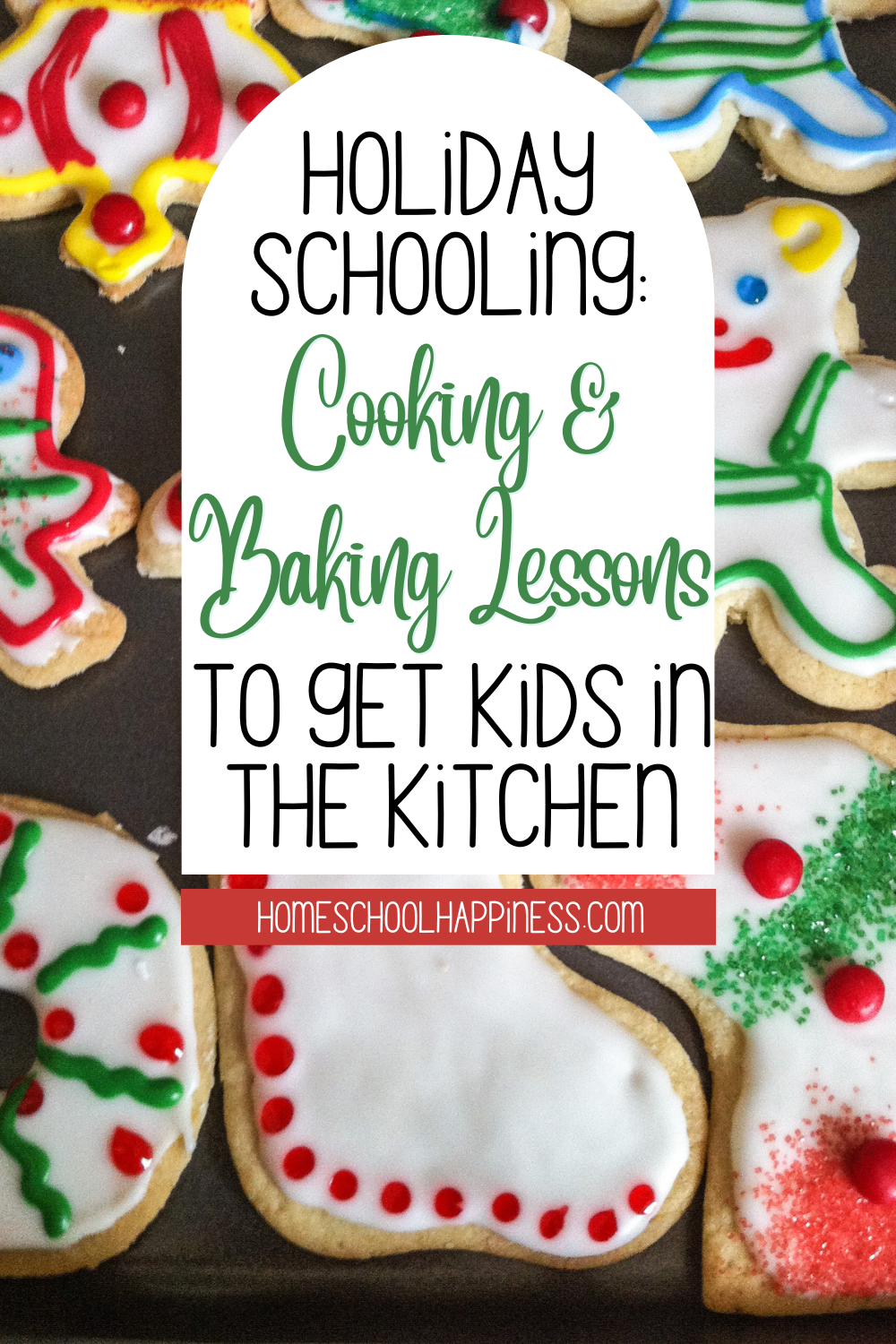
Involving kids in holiday homeschooling and the kitchen teaches life skills and the science of food. It’s an enriching and educational experience beyond meal prep. Children can appreciate traditions infused in holiday cooking and learn valuable skills.
The holiday season is the perfect opportunity to bond with family in the kitchen. Cooking together produces fond memories and traditions. Make sure to prioritize safety and cleanliness while creating delicious meals. Inviting children can be an exciting adventure in which they can learn valuable skills.
You’ll be instilling valuable skills and creating beautiful memories that will last a lifetime.



